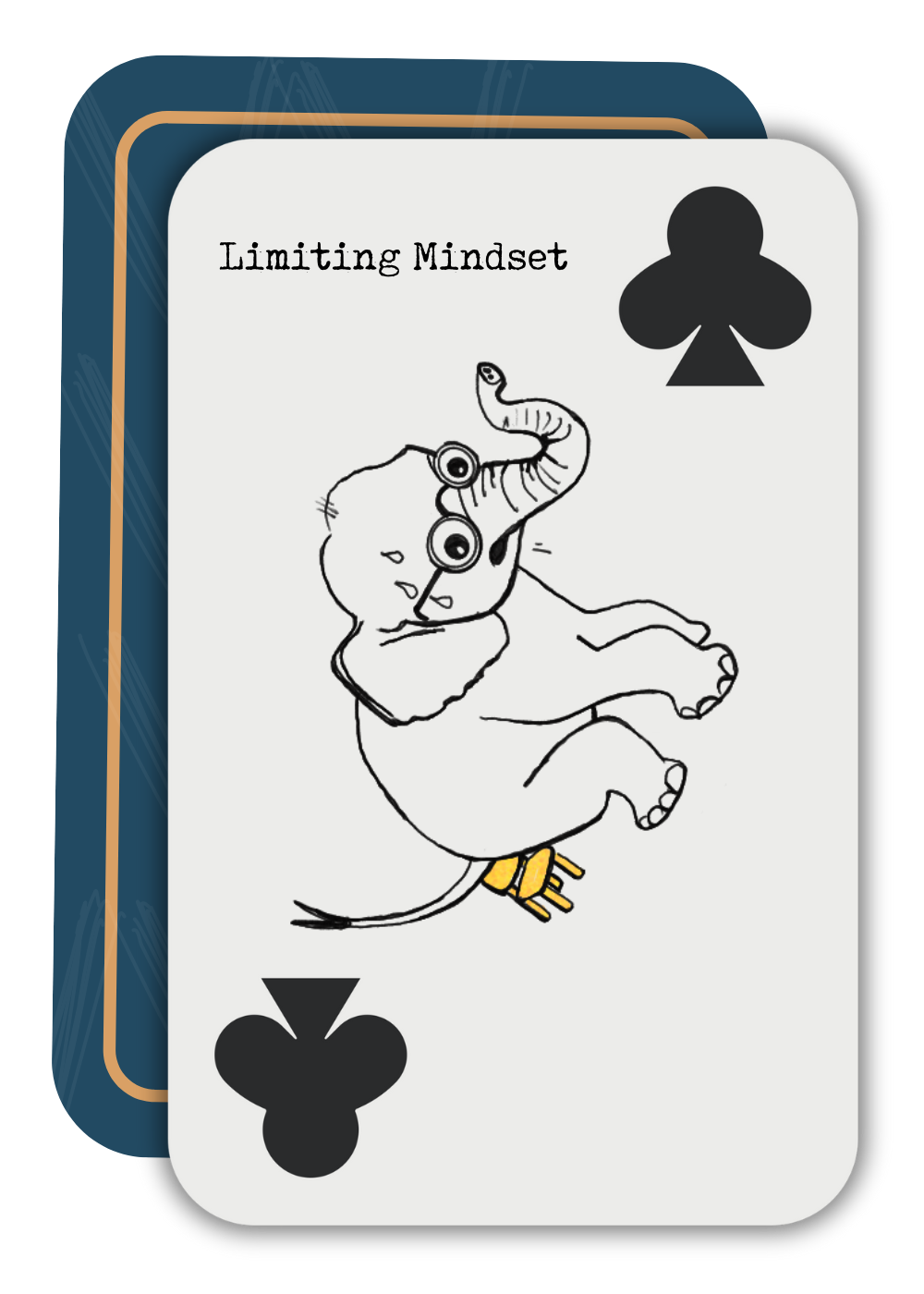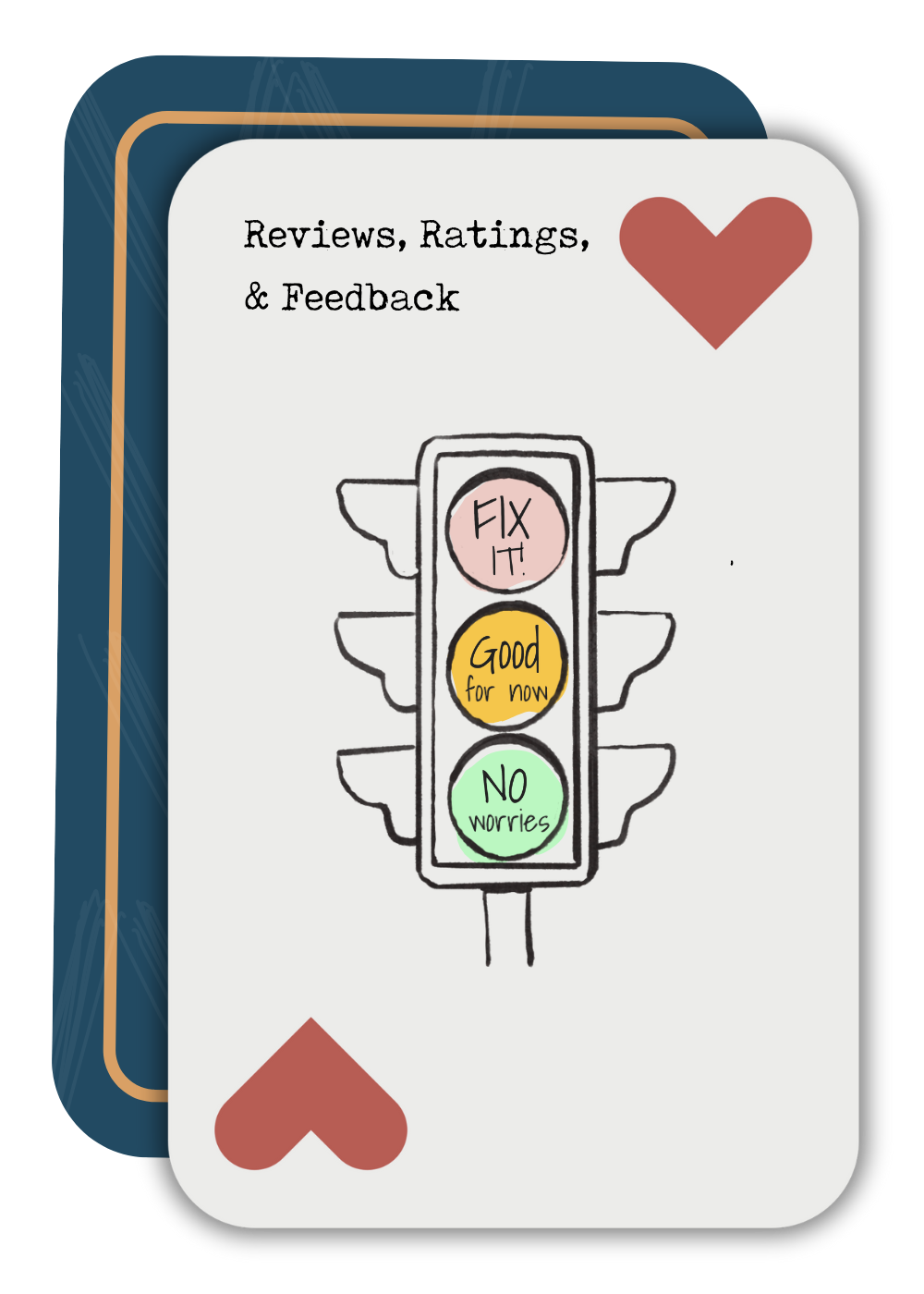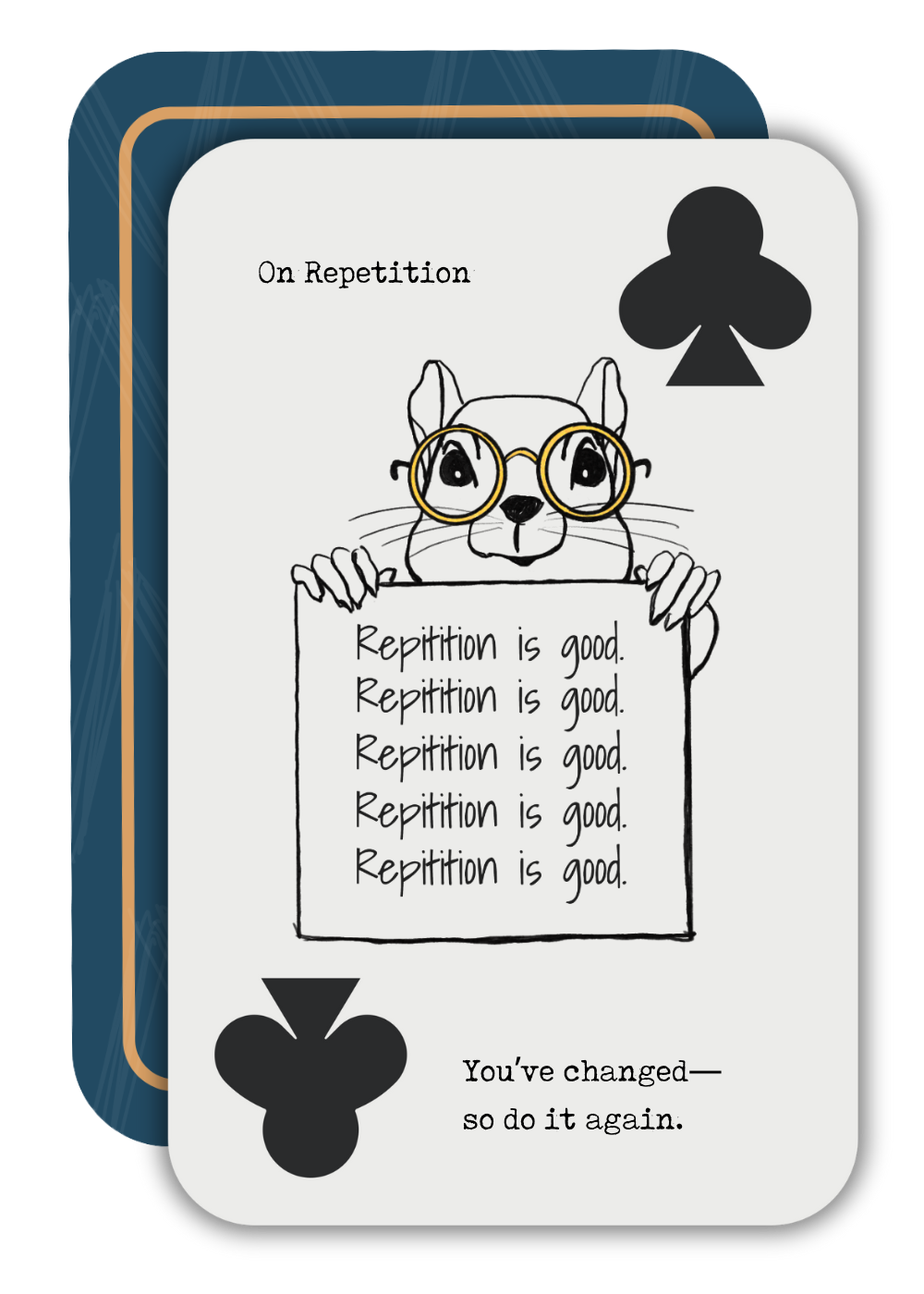Does each of the metrics you measure have a clear owner? And, what does it mean to “own” a metric?
I could say I spent a couple of decades in the world of business intelligence. If only “business intelligence” was a term at the time when I started dabbling in dashboards, metrics, and slicing-and-dicing of data. I don’t quite remember when that became a thing.
Regardless, for the longest time I, and I suspect many others in the field, looked at a metric as something that is just there. Living a life of its own and signalling: “hey, the business along this measure is doing this!” Great. Or not, depending on what you expect. The graph is trending nicely. Let’s throw in some predictive analysis to see what may happen. You can’t improve what you don’t measure, right?
Full of confidence as a data “expert,” I sat at a Metric-themed roundtable moderated by Shannon Susko at the Acetech Summit in Whistler in 2014. While I didn’t know it yet, there and then my journey of seeing metrics in a completely different light started.
Fast forward a decade and a bit. Early 2025, I am working with a coaching client and developing some operations metrics such as client retention and engagement. As is mandatory in the metronomics system, we need to assign ownership to them. The way those are measured is by the billing system and the user’s interaction with the company’s product homepage, respectively.
So, the person representing the team running those systems owns the metric, making sure it is accurate, right?
WRONG.
The ownership of the metric and accountability for it needs to lie with the people and team whose actions affect the true value.
Yes, of course they may need help from other teams to measure it correctly, but that’s a support function, not ownership of the metric.
To own a metric means to live this number. Seeing the metric results shows the owner whether they are winning or not. They need to understand the meaning and the value of it intimately, and what led to it being what it is. And what can be done to change the results over time.
When I went to a pilot school, the instructor said to us: “you don’t focus on the gauges, you fly the airplane and check the gauges to make sure it’s doing what you want it to.” You own the actions, therefore you own the metric.
Do you have clear ownership for each metric and are the owners the right ones?












